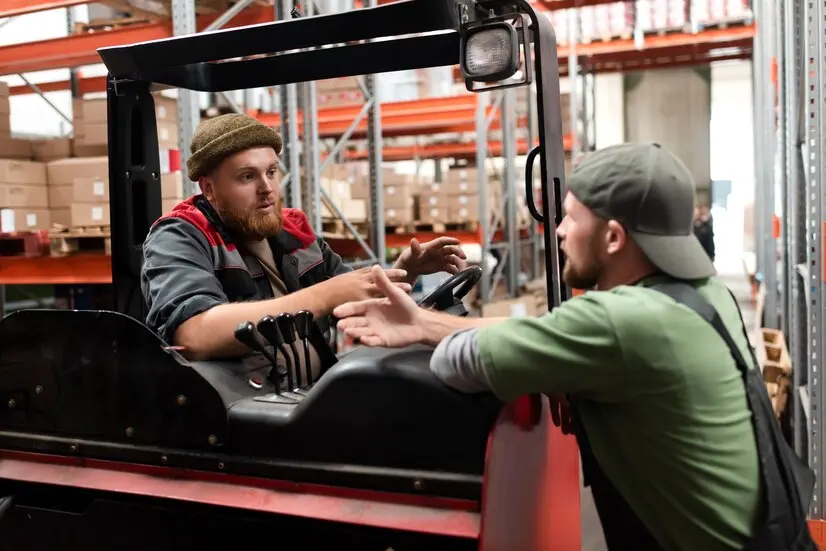Why is professional training essential for operating heavy equipment? How can formal instruction improve safety and efficiency in the workplace? These questions are critical for anyone considering a career in industries where handling machinery is a daily requirement.
Enrolling in a certified course is the first step towards becoming a skilled operator. In forklift training in Sydney, participants not only gain practical skills but also ensure compliance with local regulations. This comprehensive approach benefits both individuals and businesses by promoting safer work environments and higher productivity.
Enhanced Workplace Safety
Operating heavy machinery without proper preparation can lead to significant risks. A certified course focuses on teaching participants the correct techniques for handling equipment safely. This instruction helps minimise accidents, ensuring that workers and those around them remain protected.
In Sydney’s industrial zones, where forklifts are commonly used, maintaining safety is paramount. Licensed operators are better equipped to navigate these spaces, reducing the likelihood of incidents. Additionally, adhering to safety protocols protects businesses from potential legal and financial liabilities.
Boosted Employability and Career Opportunities
Holding a valid license sets job seekers apart in competitive markets. Industries such as construction, warehousing, and logistics in Sydney often prioritise hiring certified operators. Completing a formal course demonstrates a commitment to professionalism and competence.
Employers value candidates who have invested in their skills, and many are more inclined to offer better roles or salaries to those with credentials. For workers looking to expand their career prospects, training is an investment that delivers long-term benefits.
Increased Efficiency in Daily Operations
Knowledge gained from a professional course goes beyond basic operation. Participants learn advanced manoeuvring techniques, proper load management, and how to work in diverse environments. These skills contribute to smoother workflows and reduced downtime.
Sydney’s fast-paced industries demand precision and speed. Licensed operators are better equipped to meet these demands, ensuring tasks are completed efficiently. By reducing errors and equipment misuse, businesses can also save on maintenance and repair costs.
Tailored Training for Sydney’s Industrial Needs
The industrial landscape in Sydney requires a unique approach to training. Courses are designed to address the specific challenges faced by operators in the region. From navigating urban warehouses to working on large construction sites, participants gain insights that directly apply to local environments.
This location-focused instruction ensures operators are familiar with the standards and expectations of Sydney-based employers. Whether working in the inner suburbs or on the city’s outskirts, certified operators bring valuable expertise to the table.
Long-Term Benefits of Certification
Completing a course offers more than immediate job opportunities. It equips individuals with lifelong skills that can be applied across various roles and industries, fostering adaptability and resilience in an ever-changing job market. As Sydney’s industrial sector continues to grow and evolve, the demand for skilled and qualified operators will unlikely decline, ensuring long-term relevance in the workforce.
Certification also builds confidence, empowering operators to take on more responsibilities and leadership roles. Over time, these enhanced capabilities can lead to promotions, better pay, increased job satisfaction, and broader career prospects across diverse sectors.
Enrolling in forklift training in Sydney equips individuals with the skills and knowledge necessary for safe and efficient operation. In a city like Sydney, where industrial activity thrives, being a licensed operator is a valuable asset. By investing in professional instruction, participants not only enhance their employability but also contribute to safer, more productive workplaces.

